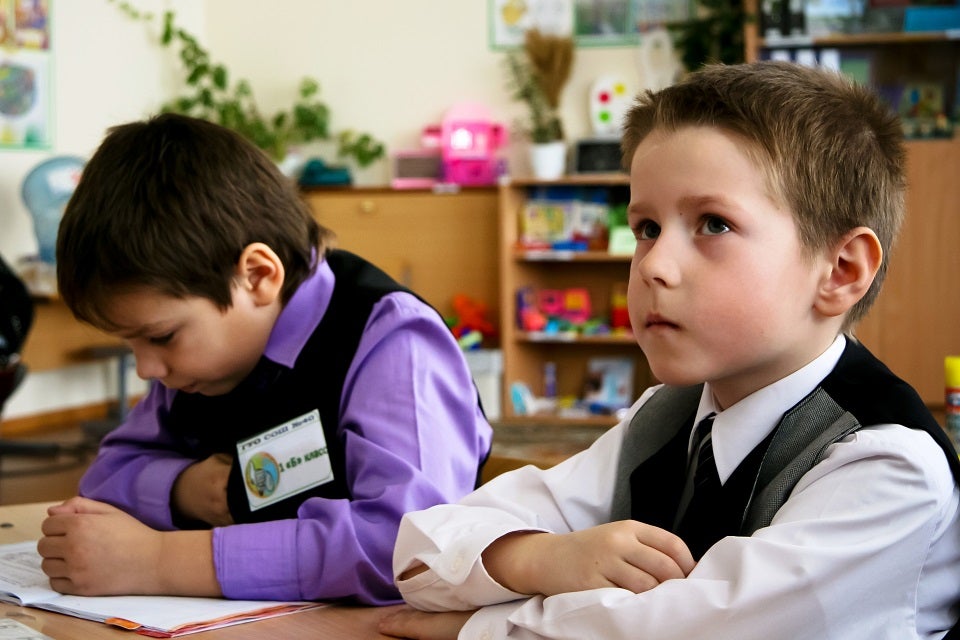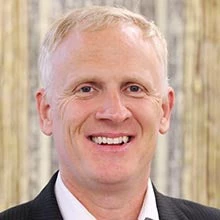
On 11 October 2018, the World Bank launched its Human Capital Index, which quantifies the contribution of health and education to the productivity of the next generation of workers. The Index is part of the Human Capital Project, a global effort to accelerate more and better investments in people. Belarus didn’t participate in the Index this year.
Back in 1440, King Henry VI of England founded a college for poor scholars, providing a free education for boys whose families couldn’t afford to pay. At that time, the young students learned to read and write so that they could later work as administrators in the royal court.
A few centuries later, in 1977, I became one of “King Henry’s scholars”. I’m not working for a king, of course, but I recognize how lucky I am to have benefited from Henry’s medieval investment in human capital. One could perhaps call him a “very early adopter”.
These days, investing in people makes more economic sense than ever. Human capital – the knowledge, skills, and health that people accumulate throughout their lives – accounts for up to 68% of a country’s overall wealth, on average. In the case of Belarus, where I now live, the share of human capital in the country’s total wealth is somewhat lower, at 49.2%.
Indeed, the more a country invests in its people, the more it yields in return. Research shows that just one additional dollar invested in preschool programs yields a return of between $6 and $17 dollars to the national economy.
At the same time, investing in human capital helps to boost citizens’ personal earnings. Studies have found that each additional year of education increases a person’s income by 10%, on average.
Generally, governments around the world prefer to invest in “hard infrastructure” in order to help accelerate economic growth. That’s fine, but I would argue that a dollar spent on human capital is often more productive than a dollar spent on roads, buildings or bridges. And, human capital grows more human capital, as parents pass knowledge on to their children and employees pass skills on to their colleagues.
Investing in people has become even more important as technology changes the world of work. Our children will work in jobs that don’t even exist yet. People who learn new skills throughout their lifetimes will do better, therefore high-quality education is needed to ensure that all of us, young and old, are ready for the changing nature of work.
The Human Capital Index measures the health, as well as the quantity and quality of education that a child born today can expect to achieve by the age of 18. In the Index, countries are ranked between 0 and 1, showing how far a country is from a “perfect” score of 1, the maximum possible level of education and full health. An Index score of, say, 0.60, signals that the productivity (as a future worker) of a child born today is 40% below what it could potentially be. But it’s important to note also that even top-ranked developed countries such as Singapore, South Korea, and Japan have some distance to the frontier (they attained less than 1 on the Index).
I was intrigued to learn that Belarus’ geographical neighbors are among the top-50 countries in the ranking. Russia scored 0.73, Poland – 0.75, Ukraine – 0.65, and Lithuania and Latvia – 0.71 and 0.72, respectively.
In many aspects, Belarus is very similar to its neighbors. The mortality of children under five is very low in Belarus, while school enrollment is at almost 100%, and the survival rate of adults is close to that of other ex-Soviet countries.
But what about the quality of education in Belarus – one of the most important contributors to human capital? We need to find out.
While basic statistics on schooling are available, there’s no information on how much Belarusian children actually learn compared with other countries. The absence of international testing results for Belarus is the reason why a Human Capital Index score for the country cannot be calculated yet.
But soon all that will change. This year Belarus joined the OECD’s Programme for International Student Assessment (PISA), with the support of the World Bank. PISA will reveal how well schooling (and the 5% of GDP spent on education) translates into learning in Belarus.
The first Belarus PISA results will be released in 2019 and then Belarus will be able to join the Human Capital Index. At the World Bank, we certainly hope it will.
Some governments are reluctant to invest in education and health. Maybe they feel that the benefits are too hard to see or too far into the future. But it’s important to keep in mind that the most profitable investments available are often the investments in people.


Join the Conversation